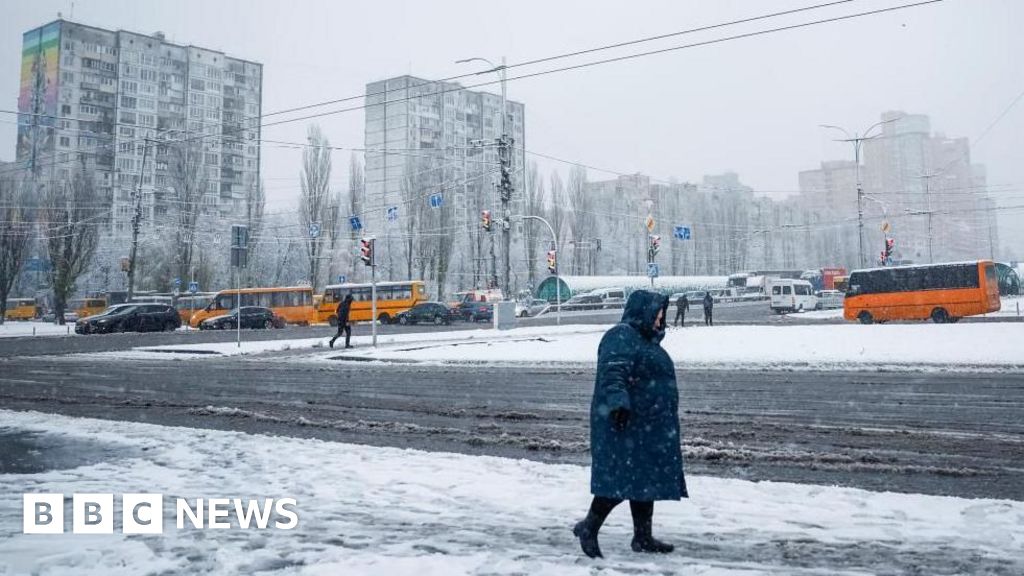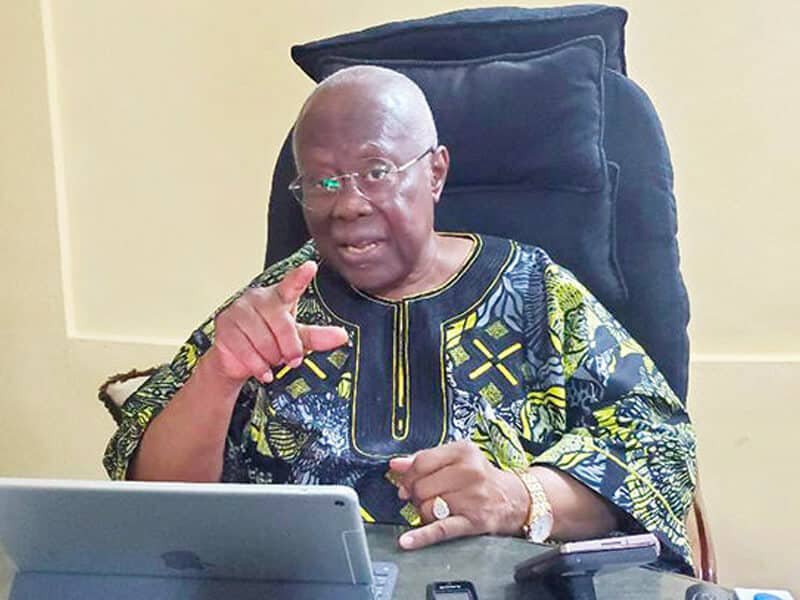
The Supreme Court of Nigeria’s recent ruling, which nullified the 2005 law establishing the National Lottery Commission, has intensified the debate over gambling regulation in the country.
The court’s decision affirms that gambling laws fall under the jurisdiction of state governments rather than the federal government, enabling states to enforce their own regulations.
In Kano State, where Islamic Sharia law is implemented alongside federal laws, this ruling has emboldened the Hisbah (Islamic morality police) to resume crackdowns on gambling establishments.
READ ALSO: President Tinubu Departs Brazil for Abuja After G20…
Abba Sufi, the director general of the Kano Hisbah, announced that raids on betting shops would resume with greater intensity, citing the prohibition of gambling under Sharia law.
Last month, the Hisbah conducted a series of raids, closing dozens of football betting shops across Kano. These actions were temporarily halted after objections from the National Lottery Commission, which had defended the legality of sports betting under the now-defunct federal Lottery Act.
With the Supreme Court ruling, however, Kano State has reclaimed its authority to enforce a total ban on gambling in line with its Sharia-based laws.
The decision highlights the complex interplay between federal and state laws in Nigeria, particularly in states with dual legal systems.
While the ruling empowers states like Kano to uphold Sharia-compliant regulations, it also raises questions about the impact on federal uniformity and economic activities, such as sports betting, which has grown significantly in popularity nationwide.
About the author









![[Just In] PH Refinery: Nigerians Deserve Clarity, Reduction In Petrol Prices – Peter Obi To NNPC](https://www.naijanews.com/wp-content/uploads/2024/10/jigawa4-768x576-1.jpeg)






 English (US) ·
English (US) ·